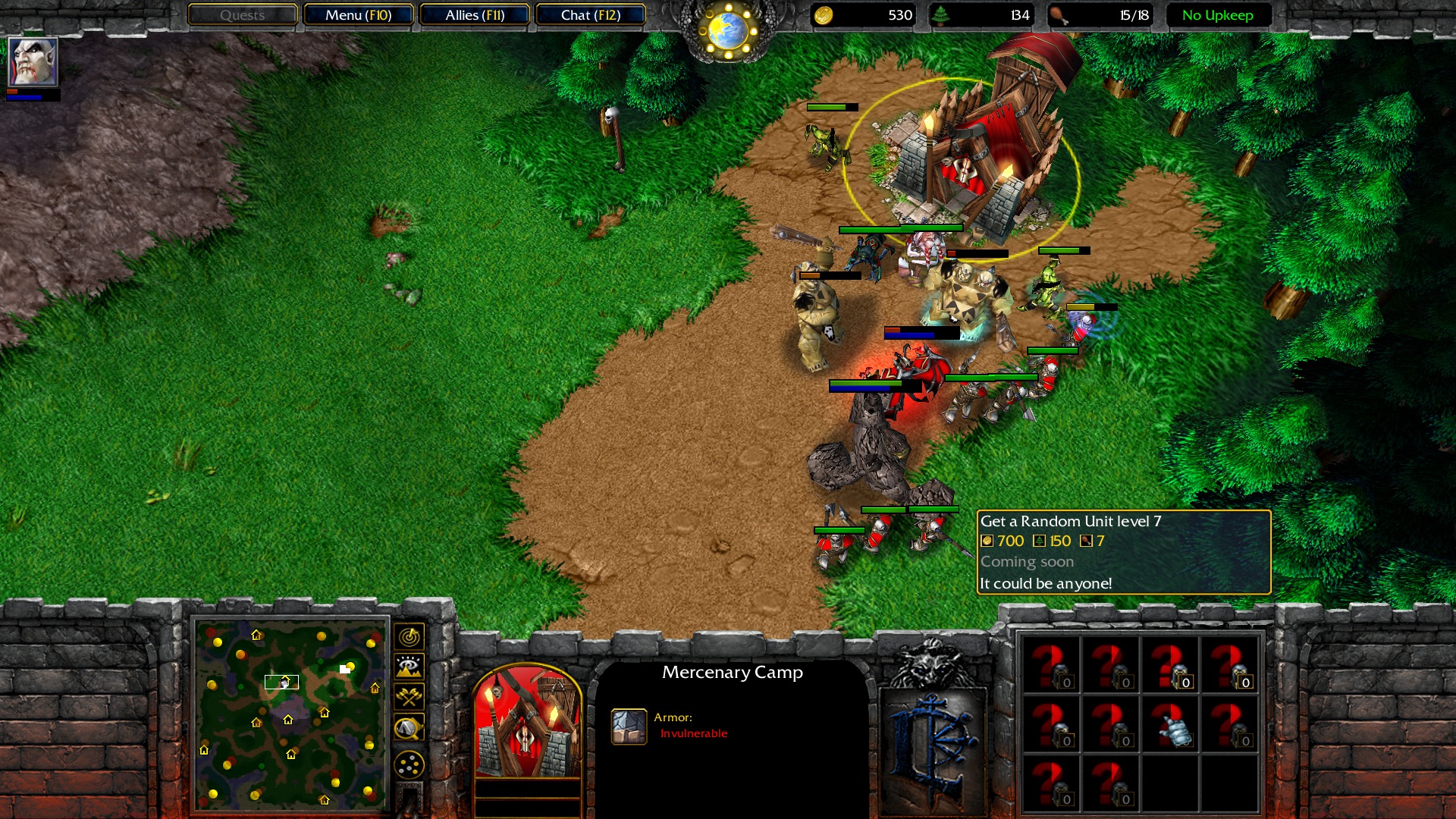Cheating in eSports or traditional sports is not uncommon to find in the world of sports competition. Wikipedia defines cheating in sports as the intentional breaking of rules in order to get an unfair advantage over the other teams or players.
Structured and strict rules govern sports on permitted and banned activities at an event or away from the event.
A survey reported by Statista found that ‘in October 2020, around 46% of eSports experts believed that a lack of adequate detection systems and monitoring tools for fraud and cheating posed the greatest threat to the growth of the eSports betting market.’
What is Esports?
Electronic sports, also known as eSports, refer to organized video game matches played by amateurs and professional players to earn status and cash prizes.
Esports have set structures and rules with a defined number of players. Similar to traditional sports, eSports players spend their time improving their skills to win these matches.
Over the years, eSports popularity increased to become a multi-billion industry. In fact, according to Statista, by 2019, the number of eSports viewers grew to 397.8 million viewers.
What Are Traditional Sports?
Traditional sports refer to competitive physical events structured with strict rules and a set number of athletes. Examples of traditional sports include basketball, football, soccer, and hockey, to mention a few.
Cheating Strategies in Sports
In Traditional Sports
Competing Athletes and Equipment
In traditional sports, competitors seeking an advantage over their opponents use all kinds of hidden competition tactics. From using enhancing drugs (doping) to altering equipment to deliberate harassment or bodily injury of opposing team members.
The strict rules allow for opportunities to disqualify a player from competition when caught cheating. In traditional sports, cheating is not only found among athletes.
Training Coaches
Another form of a cheating strategy is when training coaches receive kickbacks and bribes in recruiting players, coaches involved with spying on opponent teams’ playing defense tactics and strategies.
In eSports
In eSports, attitudes towards cheating vary from game to game, as rules depend on the terms and conditions of the game. Players playing a video game, not as an eSports game, research and visit Guided Hacking here, sites for coding cheats and tutorials and consider these as legal hacks.
Edoping in eSports
Edoping is the illegal modification of a video game, through the use of software or hardware, to give a competitor a specific unfair advantage over the other player or team. Players may adjust their keyboard and mouse settings or software that performs a series of hacks or cheat codes at a single click.
Hacking methods such as the use of aimbots, scripting, stream sniping, and Distributed Denial of Service (DDOS) cyber-attacks. Aimbots use codes of the game to determine the position and position crosshairs of opponent players on the map.
Aimbots give the competitor an unfair advantage and reduce the level of skills needed to win the game. DDOS cyber-attackers detect the opponent’s IP address and overload it with instructions and therefore slow down the opponent’s game counterattacking speed.
Betting Fraud and Match-fixing in eSports.  The vast amounts of money given as cash prices for popular matches influence the increase of match-fixing in eSports. Organized criminals, financial backers, and brokers bribe players to lose a game and thus profit from betting markets.
The vast amounts of money given as cash prices for popular matches influence the increase of match-fixing in eSports. Organized criminals, financial backers, and brokers bribe players to lose a game and thus profit from betting markets.
A popular match-fixing scandal is the October 2015 Korean StarCraft 2 scandal. Police arrested twelve people for fixing matches and betting in StarCraft 2 matches. The law enforcers prosecuted the high-profile player, Le Seung-Hyun, for throwing two matches.
In Summary
The rapid advancement in technology can aid in the detection of various cheating methods in traditional sports. Technology advancement is driving widespread cheating in eSports. The attractive financial gain of eSports winnings drives the rapid growth of hackers.
Similar to traditional sports that have governing regulatory bodies, such as FIFA and IAAF, eSports competitions need to increase the number of global regulatory bodies.
ESports global regulatory bodies can create sanctions and strict rules that govern all players in all countries to discourage, prevent, and ban cheating players from eSports tournaments. For example, regulatory bodies such as the Esports Integrity Commission (ESCIS) investigate and report on eSports cheating allegations.



